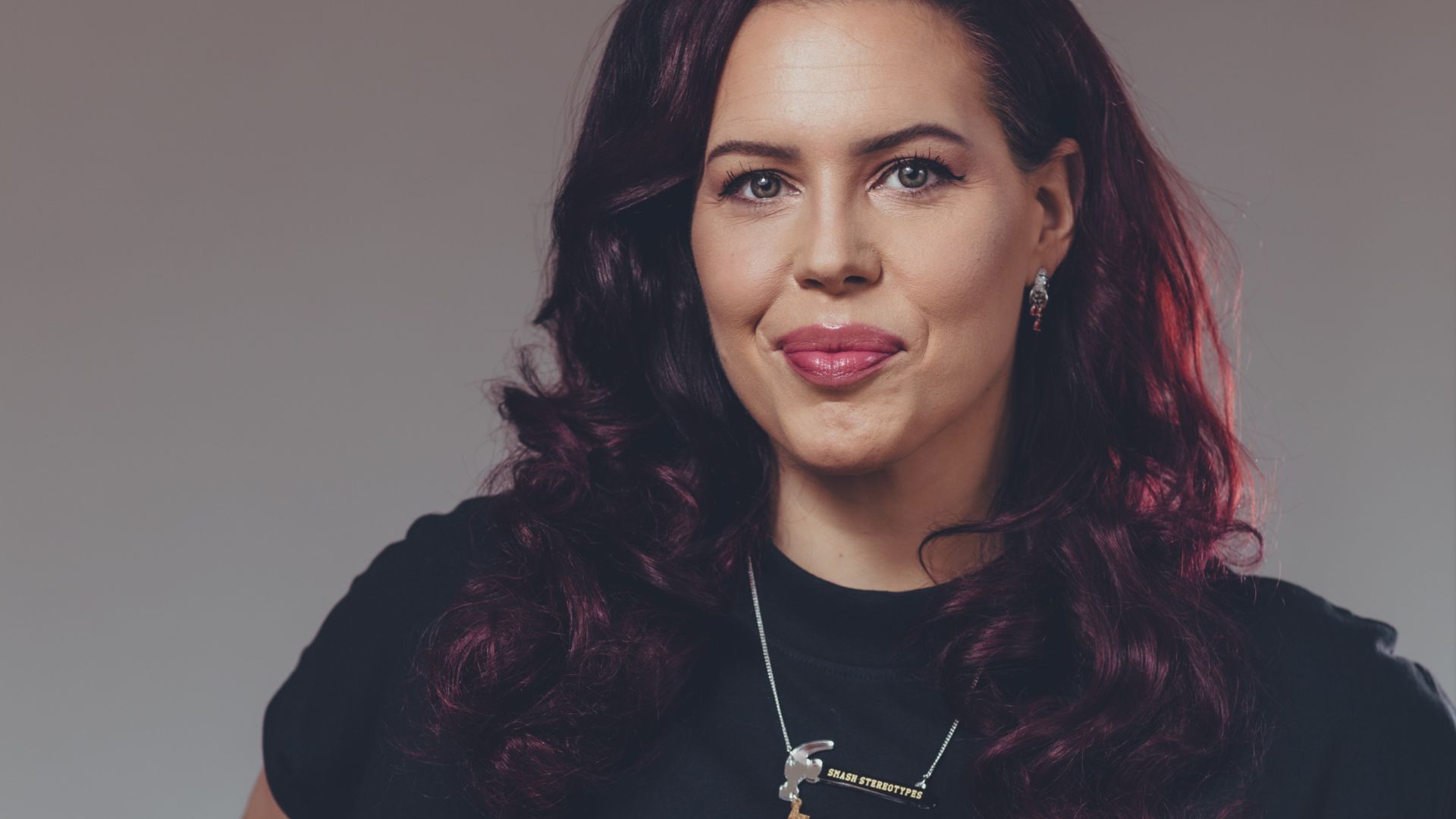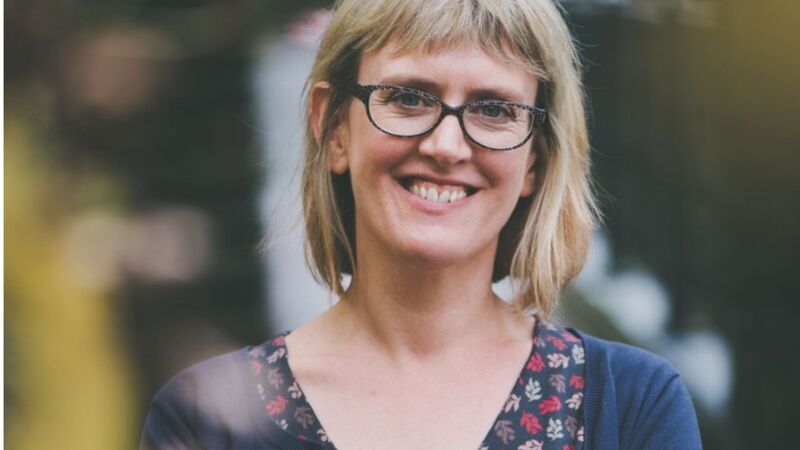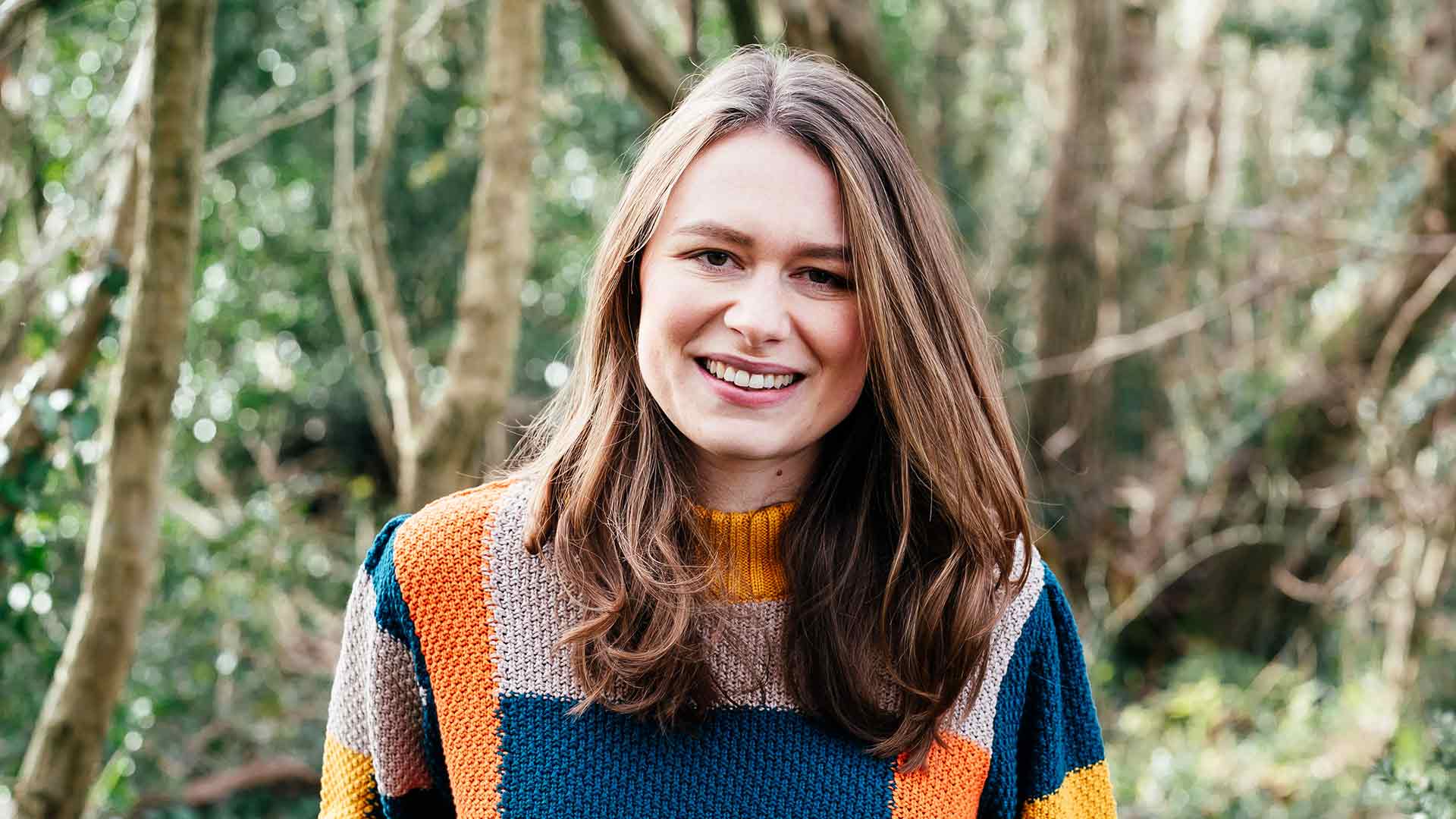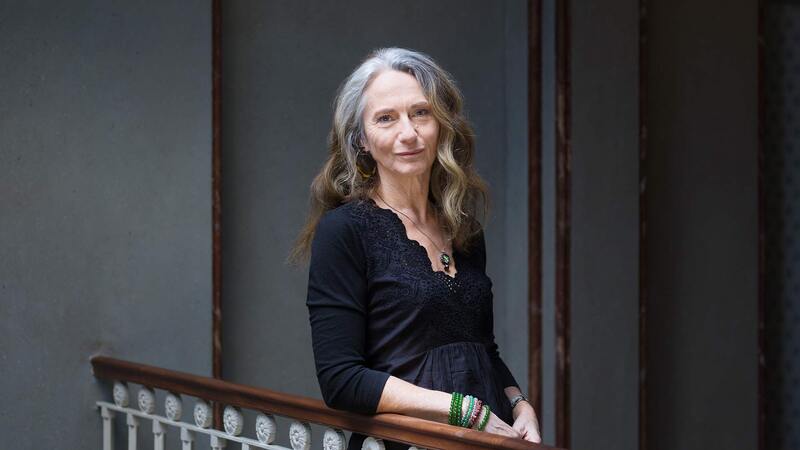You are viewing your 1 free article this month. Login to read more articles.
Natasha Devon talks about her debut novel inspired from her activism with students
 Caroline Carpenter
Caroline CarpenterCaroline is deputy features editor at The Bookseller and chair of the YA Book Prize, as well as being a co-host of children's book radio ...more
Natasha Devon has turned to Young Adult fiction with her UCLan-issued novel about two school friends of mixed heritage whose bond turns toxic.

Caroline is deputy features editor at The Bookseller and chair of the YA Book Prize, as well as being a co-host of children's book radio ...more
Writer, presenter and activist Natasha Devon MBE spends much of her time talking to students about mental health, body image, gender and equality, and this work has heavily inspired her début YA novel, Toxic (7th July, UCLan Publishing). She explains: “Lots of teenage girls, in particular, were saying, ‘We’d really like some information on negotiating toxic friendships. We’re learning about coercive control in sex and relationship education, but in a friendship, the red flags are a little bit harder to see and it’s harder to have boundaries.’ I thought, ‘Someone should write a novel about that, and maybe that person should be me’.”
I’ve had a lot of conversations with young people about their friendship difficulties, so I knew that I wanted to incorporate things like gaslighting and backhanded compliments
Toxic sees 17-year-old Llewella, a high achiever who is not quite sure how she fits into the world, befriend glamorous, streetwise Aretha when she joins her sixth form. The two quickly form an intense bond but, as Llewella spends more time with Aretha, she starts to realise that her new best friend is not what she appears. Thanks to her time spent with teenagers, Devon found that “tuning into the voice [of her characters] was very easy”. Her knowledge of her audience also informed some of the story’s themes. “I’ve had a lot of conversations with young people about their friendship difficulties, so I knew that I wanted to incorporate things like gaslighting and backhanded compliments.” The book also explores mental health struggles, such as eating-disordered behaviour and anxiety, which Devon wanted to include “because anxiety issues are the fastest-growing mental health condition among young people, and there’s so much confusion around [them]”.
Though Llewella is not a direct reflection of herself, the author admits “we have a lot in common”. For example, Llewella’s life in a small town in Surrey is fairly similar to Devon’s upbringing in a small village in Essex. Llewella is half-Welsh, a nod to Devon’s time at university in Wales. The character runs a successful blog, which leads to an audition for a “Good Morning Britain”-esque breakfast TV show, a scene that was directly inspired by Devon’s on-screen experiences as she “thought people should know about what goes on behind the scenes”. Another similarity between them is that both are biracial but grew up knowing only their white parent. Devon says: “I can relate to being a bit different, not quite feeling like you fit in.”
I can relate to being a bit different, not quite feeling like you fit in
In contrast, Aretha, who is also of a mixed racial background, “wears her difference as a badge of pride”; unlike Llewella, she is confident in her cultural heritage. Though Aretha often comes across as manipulative and ruthlessly ambitious, Devon says there is more to the character. “There are reasons why she is the way she is… She is so used to being scrutinised, and not always in a positive way, that she says, ‘Right, I’m going to control the way that you look at me’. Therefore, when she is interacting with other people, it’s all about how she can get the best result out of them… I don’t think that makes her a bad person.”
In the edit
Devon has already penned non-fiction titles, including one for teenagers with Macmillan, but this was her first foray into fiction. She describes the writing process for the novel as “totally different” from her previous experiences, telling me that the biggest change was realising that there needed to be more conflict in Llewella’s life at the start of the narrative to enable space for Aretha to shake it up. She adds: “I really had to concentrate on the fact that we’re meeting Llewella 17 years into her story and there is so much that has happened to her up until that point… So that was a new thing to me, as was the whole concept of a structural edit!”
Devon has enjoyed working with her small Preston-based publisher, UCLan Publishing, because “it feels like everyone on the team is really invested in this book”. For the novel’s launch, she has connected with the Girls’ Day School Trust, a network of independent private girls’ schools, sharing the book with its students and recording a podcast for them. She is now “really excited and a little bit nervous” for Toxic to reach a wider audience.
There are a few messages that Devon hopes readers will take away from the novel. “One is that a friend is somebody who celebrates your wins with you—they want what’s best for you, and they are happy when you succeed. I think that being able to be authentically yourself within a friendship is really important as well.” She also wants to challenge the idea that “if a friendship falls apart, it means that you’ve failed in some way”. Despite the focus on toxic friendships, she is keen to clarify: “The last thing I wanted was for this to be an ‘aren’t girls awful?’ book.” As such, she surrounds Llewella with “an amazing sisterhood” of female figures in her life, whose strength she draws on during her friendship and anxiety issues. “So,” Devon tells me, “it’s essentially a feminist book about how female friendship can be the best thing in the world, as well as something that really messes with your mental health.”










